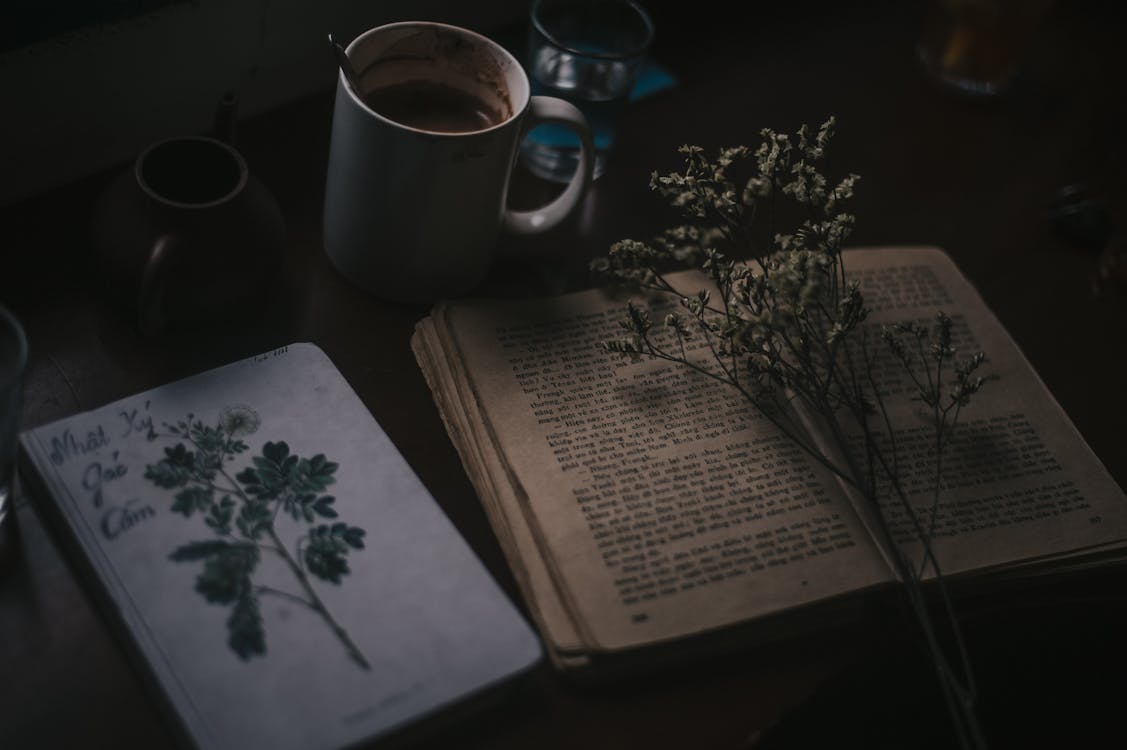
Have you ever thought of writing a poem? Do you ever think of how poets write poems? Or what do they do to get the sparks?
I am not a pro at this, but since my blog has been put up to accommodate the poems of my every day journey, I might as well give you some tips on how I write poems. These tips not just came from me but also from the accumulated knowledge that I came across since the day I started to fell in love with reading and writing poems.
A poet named Billy Collins said that poetry is a way of seeing life and making a connection to the world, more than just an activity of writing. A poetical documentation of life. Some sort of a diary but an encrypted one, in which can be metaphorically written or explicitly expressed; I am glad to help you with regards to Poetry, much more share with you why I fell in love with poetry.
So here are the starter pack tips for poem writing:
Tip #1: “Have a notebook just for poems.”
If you are being serious about writing poems every day, every other day or weekly, I suggest you should have a notebook. When I first started writing poems, I simply wrote them down anywhere; on a tissue paper, on a bus ticket, scratch papers, and even on my wrist. That’s when I decided that I should have a notebook for my stray thoughts.
Tip #2: “A dictionary”
Electronic, pocket, or a big dictionary, at least you should have one. I have in me a pocket dictionary in the size of a small wallet. My dad gave that to me when I first started to fell in love with books back in elementary, but that was another story. The thing is, having a dictionary is important not just to widen your vocabulary but also necessary when you need to look for a word that needs to rhyme with another word. I suggest that you should read a lot of books and other poems for future reference to writing. I know reading is tedious but you cannot reap what you do not sow. So be patient.
Tip #3: “Walk, Observe.”
A novelist named, Margaret Atwood said that your mind works along with your body. Ironing clothes helps her think of a scene for her novels, long walks work for me. I take walking as an opportunity to think, and observe everything around me. I once wrote a poem about how the moon attracts the ocean through its magnetic pull (A bits of discussion I’ve overheard from the Flat Earth believers on my way home). So, I made a Sonnet and a Poem about the fictional and forbidden love of the ocean and the moon. ‘The Ocean must be really enthralled and in love with the Moon, otherwise, whatever pull the Moon does, the Ocean won’t budge’, I thought.
Long walks or ironing clothes is optional, you just need to find your quirk.
Tip #4: “Write down what you observed”
After observing or while observing you should write or type the thoughts running through your mind. Thoughts are swift. One moment they’re just sitting in your mind, then the other moment, they’re slowly fading, flying away. If you are having trouble writing a poem alongside your rushing thoughts, I suggest you write it down in a bullet or in a descriptive way. No rhymes, no measures, no pressure. Just write it down. And if you think that your mind is calmer and ready to reconstruct the previous words or sentences you have written, then you could now edit and apply measurements and rhymes.
Tip #5: “Don’t be afraid to make a mess”
No one is perfect and making a mistake is normal, so don’t be pressure on having an erasure in your notebook. You could make a lot of underlines, cross out marks, corrections, and footnotes on your poems. Just make sure you understand your handwriting after that. Yay!
A poet once said that by reading poetry, you are undressing a poet’s mind. It is like delving into the poet’s private space and consciousness. It’s like a mini recorder of your feelings on a specific time and situation. One of the things I love about Poetry is you get to see your old poems and cringe while reading it. It somehow felt like reading an old self, revisiting a photograph, reminiscing a feeling, and tracking down your progress as a poet.
If you are 8 minutes late, write it down and make a poem about it. Stuck on writing poems? Write about that. Feeling in love? Write it down. Angry? Apologetic? Or just simply happy? Whatever you’re feeling, start writing. Remember that you are not too old for another form of Diary. Lastly, enjoy it. Keep practicing and try to write daily until it becomes a habit.
I cannot guarantee that these tips will work for everybody. Some tips might work for you, some might not but I hope you find your comfortable way of Poem making. Good luck!